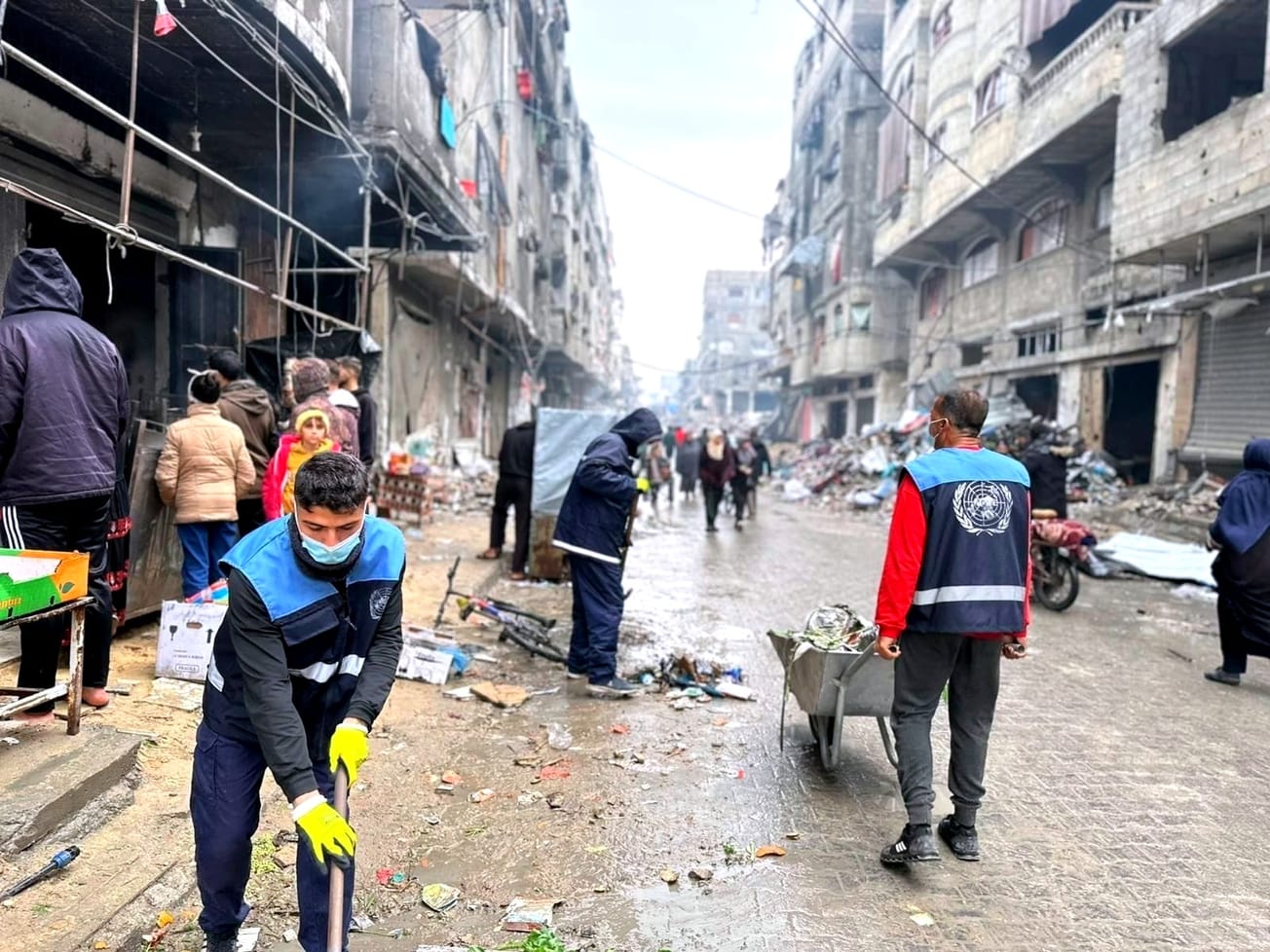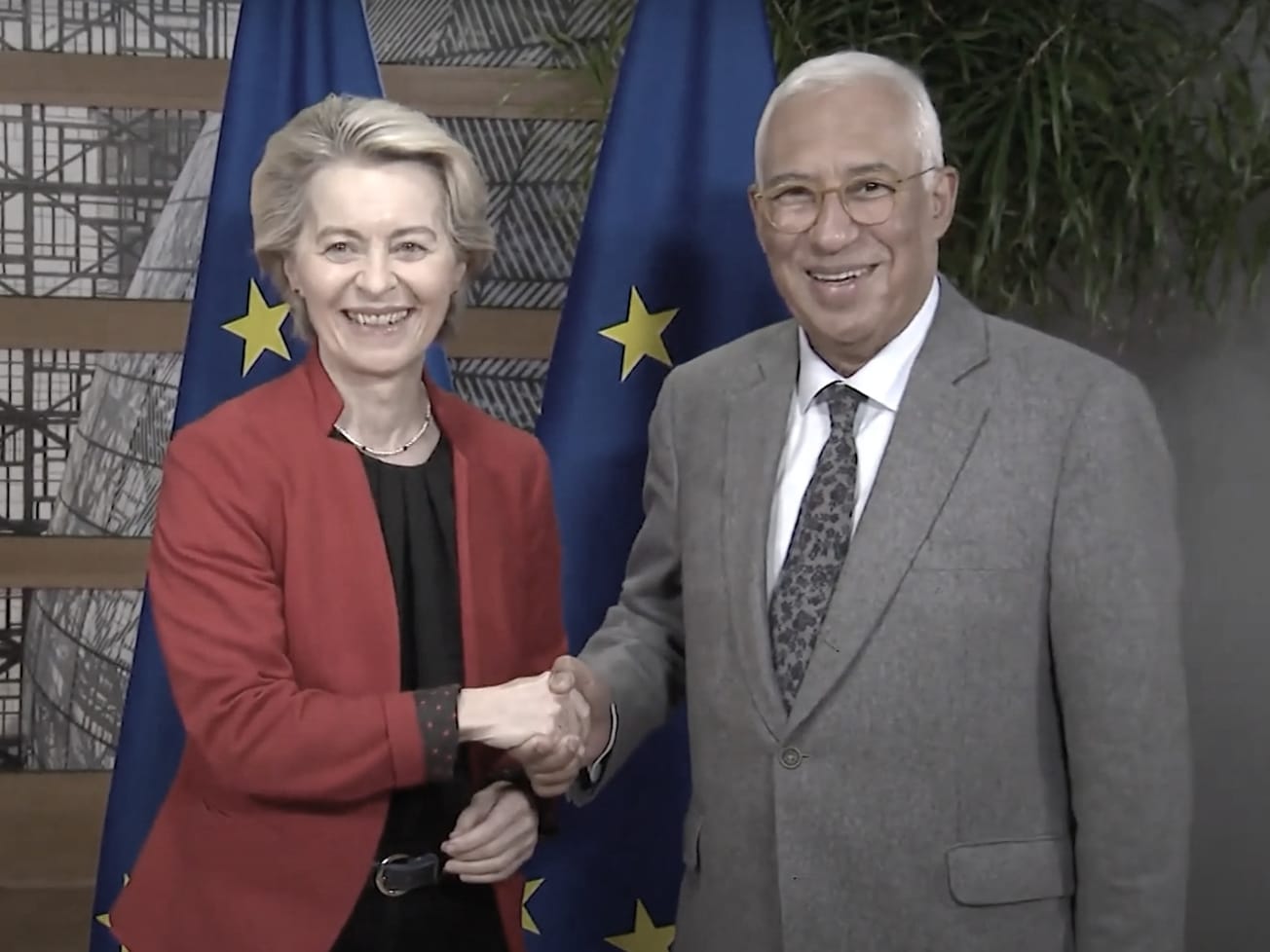GENEVA (AN) — The U.N. team investigating Saudi dissident journalist Jamal Khashoggi's death said preliminary evidence showed it was a "premeditated killing" that was planned and carried out by Saudi officials, who then "undermined" Turkey’s efforts to determine what happened.
United Nations special investigator Agnès Callamard and team members Helena Kennedy, a lawyer and baroness, Duarte Nuno Vieira, a professor of forensic medicine, and Paul Johnston, a homicide and major crimes investigator, spent a week investigating the case in Turkey.









